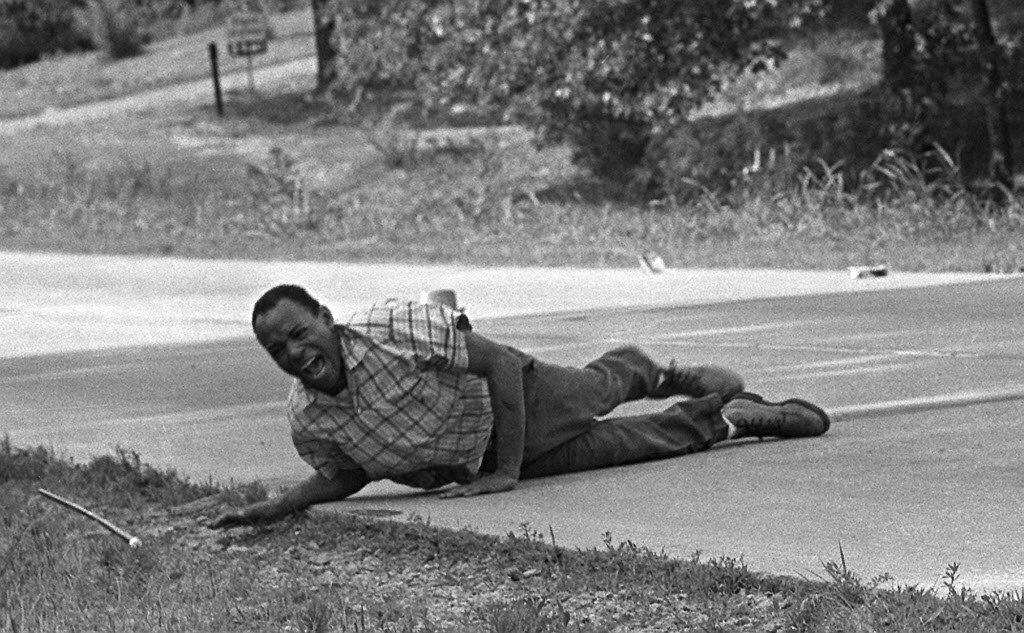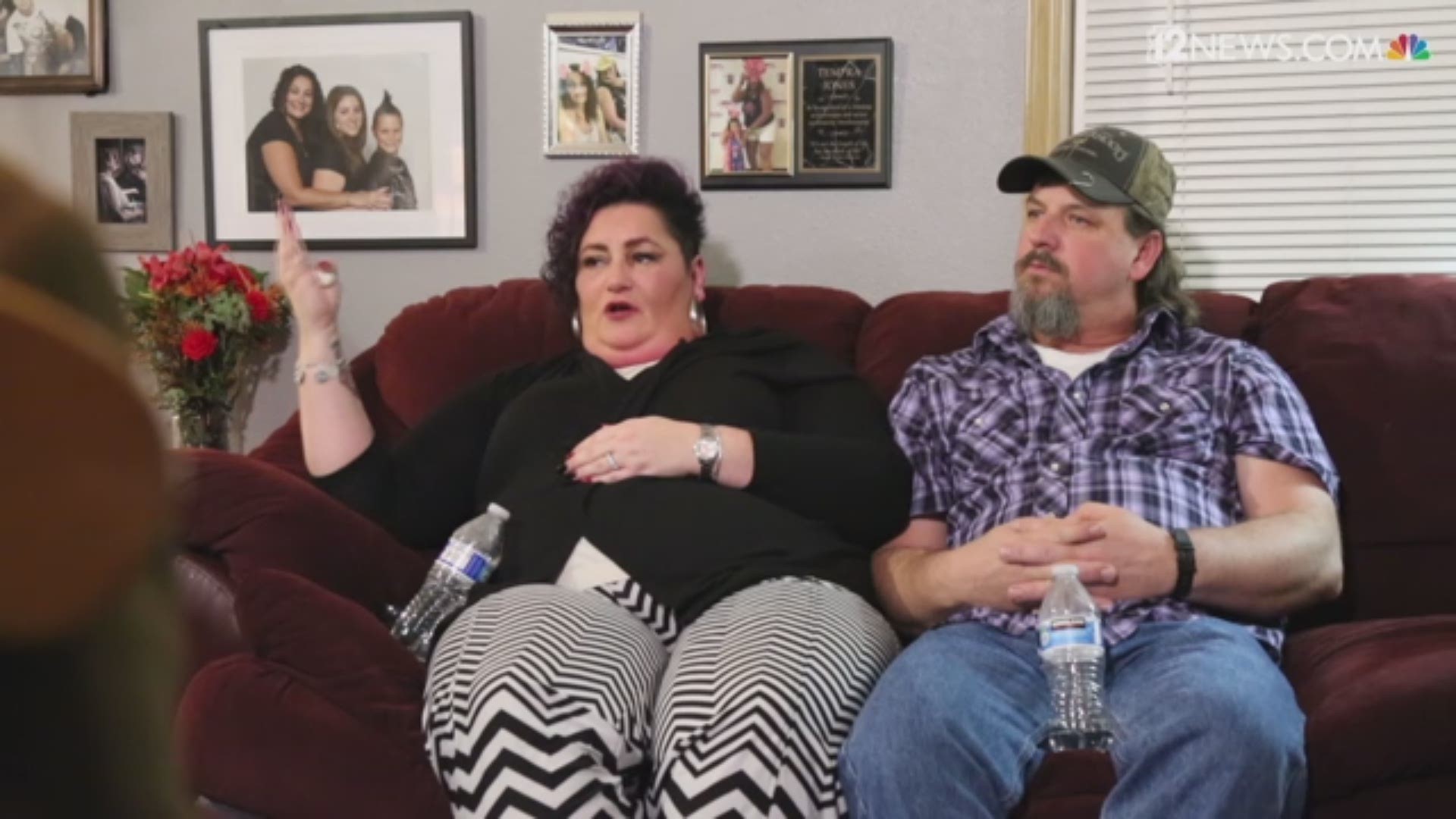MEMPHIS — It was June 6, 1966. A young civil rights activist who four years earlier integrated a bastion of Southern segregation was in the second day of a planned 220-mile march with a few companions from Memphis to Jackson, Miss.
As James Meredith "strode briskly along U.S. 51" wearing a pith helmet, green sports shirt and slacks, according to a newspaper account, an angry white gunman, Aubrey James Norvell of Memphis, stepped from a wooded area, shouted "I only want Meredith!" and shot the 32-year-old along the DeSoto County roadside near Hernando, Miss.
Fifty years to the day later, a June 6 panel discussion at the Hernando Public Library will dissect Meredith's "Mississippi March for Freedom" -- also called the "March Against Fear" in some accounts. Panelists will consider the extent of progress since those turbulent times.
"I don't think young people understand and appreciate the sacrifices that were made," Tommie Plunkett, president of the DeSoto County NAACP, said. "People in my generation didn't have the opportunities that are available now."
Even with those opportunities, challenges remain, Plunkett and others involved with the event say. Both points — progress made and challenges still to meet — make up the discussion topics planned for the event organizers hope will draw a diverse crowd for an honest conversation.
"There needs to be love at the table and genuine dialogue," Michael Smith, who will serve as moderator, said. "We need events like this where people can just be listened to. This is their form of outcry."
Panelists include Leslie Burl McLemore, a veteran of the civil rights movement; Marco Robinson, an assistant professor of history at Rust College in Holly Springs, Miss., and a Hernando native; and Peggy Dobbins, a public conservator for Probate Court in Shelby, Lauderdale, Fayette and Tipton counties in Tennessee. She was also one of the first African-American graduates of Hernando High School before its total integration in the fall of 1970.
Smith, the moderator, said the evidence that work remains is all around.
"When you look at the disproportionate suspension rates of students in schools, incarceration rates in prison, per capita income — the disparities are all around us," Smith, principal of Hope Academy in Memphis, said. "We've come a long way, but we still have a long way to go to remove the elephant in the room."
Robinson said it's going to take people truly willing to "look across the aisle" to fix remaining problems of inequality.
"We can't just play politics," Robinson said. "That clearly doesn't work."
Plunkett said training and better cultural understanding can go a long way toward addressing lingering race-based disparities.
"Education, of course, is important, and what Mr. Meredith did in terms of 'breaking the ice,' so to speak, by entering Ole Miss went a long way in that regard."
And, added Plunkett: "The importance of registering to vote can't be overstated." He, like Robinson, noted few elected officials in DeSoto County are African-American.
Plunkett's call for voter registration echoed one of the central themes of Meredith's march, which came during a period when black voter registration was a key issue.
Meredith, whose admission to the University of Mississippi in 1962 served as a lightning rod for a state and nation wrestling with racial inequality, said of the march that he wanted to increase political participation in the two states where it was lowest, Mississippi and New York. But he only made it a day and a few miles into the march before Norvell, an unemployed hardware salesman, filled him with 60 to 70 pellets of buckshot across his back.
Other civil rights leaders of the day, including Dr. Martin Luther King Jr., picked up the march as Meredith recovered. The number of participants swelled, and the march finished with a June 26 rally in Jackson that attracted an estimated 15,000. The Department of Justice later estimated that 2,500 to 3,000 black Mississippians were registered to vote during the march.
Norvell pleaded guilty to the shooting and was sentenced to five years in prison, three suspended. He was released from Parchman state prison in Mississippi in 1968.
Smith said he thinks young people today have the opportunity to learn much from those experiences of a half century ago, and they have the technological means at their disposal to guide powerful change at a rapid pace.
"It's important to discuss the shared history and the foundation that was laid by their parents and grandparents," he said. "The generation today is more aggressive and better able to be heard."
Added Robinson: "The Meredith march had national implications; young people need to be aware of that.
"John Kennedy, Robert Kennedy were killed, James Meredith nearly killed — they were martyrs who paved the way. We can learn from those moments."

![James Meredith March Against Fear.jpg [image : 85219822]](http://www.gannett-cdn.com/-mm-/340b4370a8de9aed256d7f68ce34d4d059904a41/c=120-0-861-633/local/-/media/2016/05/31/USATODAY/USATODAY/636003266595919602-JAMES-MEREDITH-1966.JPG)

